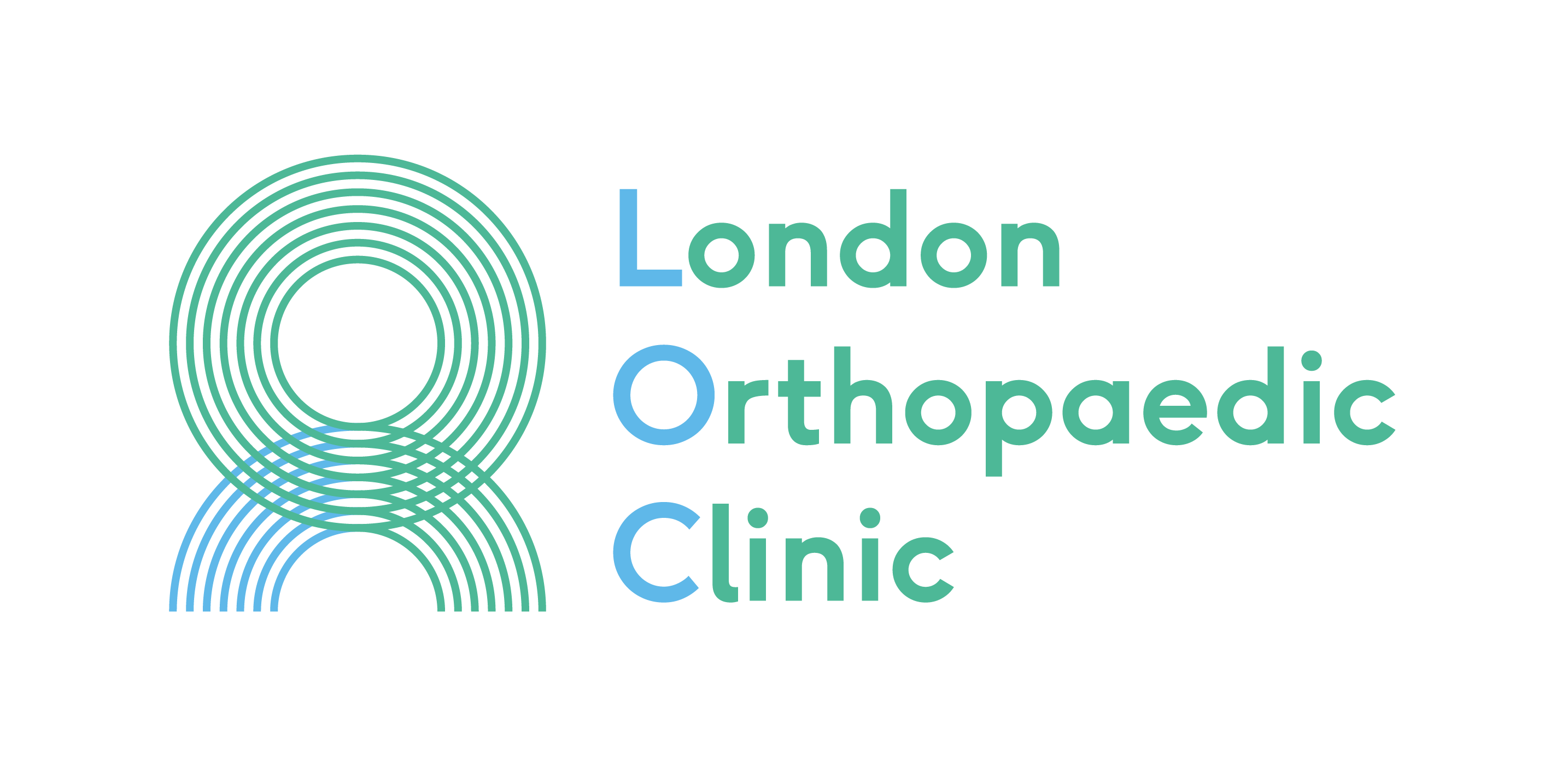Knee Ligament Injuries
Patellar instability is a knee disorder in which the kneecap recurrently slips out of position.
Patellar instability typically starts in the teenage years and is often triggered by dancing or sports. When moving or twisting the leg, the knee feels like it’s buckling, giving way, or sliding from side to side. Patellar instability can make the knee painful, swollen and stiff. It can also limit function in young, active individuals.
The knee can also become unstable following an injury, a ligament tear, or as a result of chronic wear and tear to the knee. The knee specialists at London Orthopaedic Clinic offersrapid assessment, diagnosis, and expert treatment of knee problems. The world-renowned surgeons can assess your knee and plan a customised treatment programme that suits your needs and your lifestyle.
The specialist orthopaedic surgeons use non-invasive treatments whenever possible. If surgery is required, they utilise minimally-invasive surgical techniques and cutting-edge technology to treat any problems, relieve pain, and stabilise your knee.
What is patella instability?
Patella instability is a condition in which the kneecap slides out of its correct position.
Three bones come together to form the knee joint: The thigh bone or femur, the shin bone or tibia, and the patella or kneecap. As the knee bends, the patella slides along a groove situated towards the end of the thigh bone. It is supported by tendons, which connect the kneecap to the thigh bone and shin bone and prevent it from moving out of this trochlear groove.
In patellar instability, the kneecap slips out of the groove. If it partially slides out, it’s known as subluxation. If the patella is completely pushed out of the groove, it's called a dislocation. A dislocation often occurs as a result of trauma.
Patella subluxation typically affects teenagers, although younger children may also have issues. It can be a particular problem for adolescents who are highly flexible or bendy because the ligaments can be looser.
What are the symptoms of patellar instability?
The symptoms will depend on how severe the subluxation is. Typically, it feels that your leg gives way. Many people notice that the kneecap moves to the side of the knee. The episode is usually painful, and the knee may become swollen. Often the kneecap spontaneously slips back into place, but sometimes it needs to be realigned under sedation.
Patellar instability is uncomfortable, frustrating, and can make it difficult to play sports. However, specialist treatment can protect the kneecap and make the joint more stable.
How can The London Orthopaedic Clinic help with knee instability?
The London Orthopaedic Clinic has a specialist hip and knee unit run by experienced orthopaedic consultants. The unit provides quick and comprehensive assessment and diagnosis of knee injuries so that the surgeons can make a bespoke treatment plan to address your problems.
The experienced specialists will take a medical history and carefully examine the knee. They will ask about the impact it is having on sporting activities and quality of life. They may arrange investigations to get more detailed information about the structure and health of your knee.
The Clinic’s state-of-the-art imaging suite provides X-rays and the latest Magnetic Resonance Imaging (MRI) scanner. MRI may be necessary if there has been a traumatic dislocation to check for cartilage damage.
The surgeons will create a bespoke treatment plan targeted to your knee, bearing in mind your lifestyle and your individual needs.

Why choose the London Orthopaedic Clinic?
The London Orthopaedic Clinic provides high-quality, expert orthopaedic and musculoskeletal care, tailored to the individual needs of our patients. The Clinic is based at Mayo Clinic Healthcare, at the heart of London’s internationally renowned Harley Street medical district. The London Orthopaedic Clinic offers cutting-edge diagnostics, treatment, management and personalised care.
The expert multi-disciplinary team includes more than 25 leading orthopaedic surgeons, pain management specialists and radiologists. They work together to reduce pain, improve movement and make a real difference to patients’ lives.
The London Orthopaedic Clinic offers patients something truly unique: access to world-leading experts, high-tech imaging and the latest innovative treatments, together with the feeling of trust and safety of a small family practice.
Knee instability treatment costs
Your health insurance policy may cover treatment at the London Orthopaedic Clinic. Competitive packages are also available for self-paying patients. Contact a member of our friendly team on 020 7186 1000 or at info@londonorthopaedic.com to find out more.
